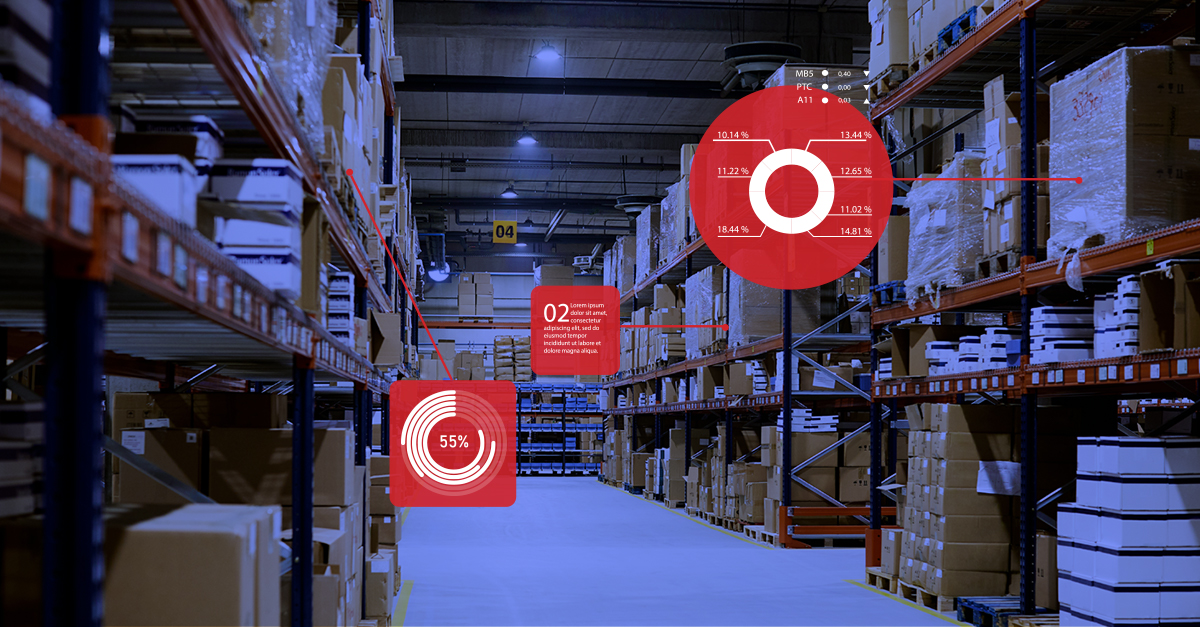Preparing for Continued Global Supply Chain Issues in 2022

The pandemic impacts our everyday lives with ripple effects throughout the global supply chain. With unprecedented supply chain disruption, many businesses are experiencing low inventory, and in the worst cases, shutting down indefinitely. Supply chain delays and disruptions are a severe problem considering how deeply globalized and intertwined modern shipping networks tend to be. Currently, experts disagree on how long supply chain issues will impact the economy. But, there are luckily things businesses can do proactively to prevent problems and mitigate potential risks.
In this blog, we’re looking at the root causes of current supply chain issues and how businesses can prepare their supply chains for success in 2022 and beyond.
What’s Causing Current Supply Chain Issues?
The leading cause of current supply chain issues is the COVID-19 pandemic. So many carriers have transitioned to transporting vaccines that they no longer have space for many other types of freight. The pandemic also brought a swath of health, safety, and driver capacity issues that cause massive slowdowns and delays.
In addition to COVID, natural disasters such as hurricanes, tornadoes, and flooding, along with environmental changes, all contribute to inaccuracies and inefficiencies in logistics planning. When a shipper works with outdated technologies and data, those problems quickly compound themselves.
How Long Will Supply Chain Issues Last?
It’s unknown how long supply chain issues will last. Estimates from government representatives have been as optimistic as early-mid 2022, while many retail logisticians and supply chain experts are looking further out in late 2022 at the earliest. New bipartisan legislation has been introduced with the Ocean Shipping Reform Act to ease supply chain pressures, but many don’t believe the bill will have the impact needed to speed things up.
Regardless of when things return to normal, the industry will endure permanent changes as regulations continue to change and supply chain paradigms shift.
David Vieira, CEO of CLX Logistics said that, “Global supply chain disruptions will likely continue until the second half of next year due to capacity challenges, global trade policies, and amplified trade volatility around the world.”
How Will It Impact You
Unfortunately, there’s no quick fix to the current supply chain dilemma, and disruptions will continue for the foreseeable future. COVID is still a threat, and various regions experience sudden lockdowns related to new variants, supply chain disruptions continue to be severe. As economies grapple with the ebb and flow of these challenges, the global supply chain will be critical to quickly, safely, and securely moving goods and services around the world.
Business leaders must think and act quickly to sustain operations, serve their customers, clients, and communities, and support their employees. The repurposed and reshaped supply chains of the future will need to be characterized by resilience and responsibility. These will help communities manage the short-term crisis and enable businesses to build around their customers, and help economies rebound.
How to Prepare for Supply Chain Challenges in 2022
In 2022, data-driven, intelligent supply chain development is more important than anything else. Only expert global logistics companies have the real-time knowledge of checkpoints and bottlenecks it takes to navigate significant supply chain challenges and can often make or break a shipment. Companies slow to address driver shortages, capacity inefficiencies, government regulations, shrinking delivery windows, rising transportation costs, and other issues run a severe risk of falling behind competitors.
CLX Managed Transportation is an end-to-end modal management solution powered by a suite of a la carte services chemical shippers can customize and adjust on-demand, according to their requirements. Our a la carte mode management services include procurement, freight brokerage, payment, LTL trucking, drayage, bulk liquid chemical transportation, and more that we’ll fully customize to suit the rapidly changing needs of today’s global supply chain.
Contact us about positioning your supply chain for success in 2022 and beyond.
Back to Resources
